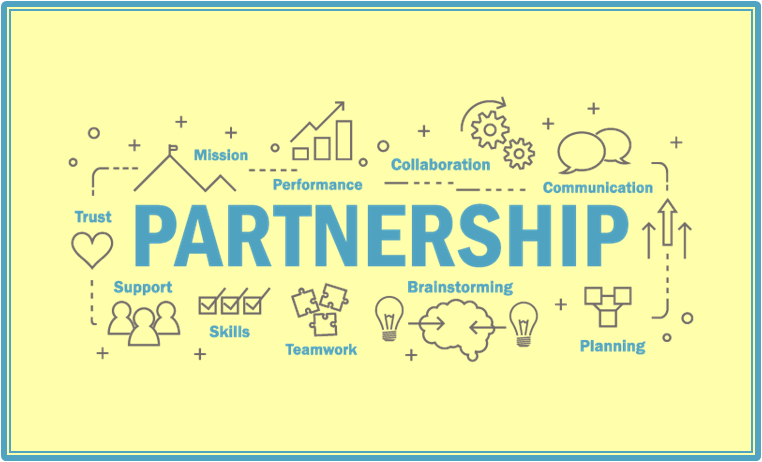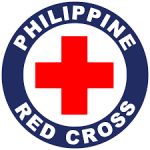GOVERNMENT AGENCIES & NGOs
The Rotary Club of Tiaong Circle often collaborates with the local government and its departments e.g. MENRO, PNP, BFP, as non-governmental organizations (NGOs) e.g. Red Cross, and other entities to enhance the reach and effectiveness of their humanitarian projects. These partnerships strengthen the impact of the club’s initiatives and leverage resources and expertise from various sectors. Here are some ways Rotary partners with governments and NGOs:
- Polio Eradication: One of Rotary’s most significant partnerships has been with national governments and global health organizations in the fight against polio. Rotary has worked closely with organizations like the World Health Organization (WHO), UNICEF, the Centers for Disease Control and Prevention (CDC), and national health ministries to implement vaccination campaigns and surveillance strategies to eradicate polio worldwide.
- Water, Sanitation, and Hygiene (WASH) Initiatives: Rotary partners with NGOs and government agencies to improve access to clean water and sanitation in communities. These collaborations help fund and implement water projects, construct latrines, and promote hygiene education in underserved areas.
- Education and Literacy Programs: Rotary Clubs often work with local schools, education-focused NGOs, and government education departments to support literacy programs, provide educational materials, and offer scholarships to deserving students.
- Healthcare Initiatives: Rotary collaborates with governments and health organizations on various health-related projects, including disease prevention and treatment, maternal and child health, and healthcare infrastructure development.
- Disaster Relief: Rotary frequently partners with NGOs and government agencies to respond to natural disasters and humanitarian crises. Through these partnerships, they provide essential aid, emergency supplies, and support for affected communities.
- Youth Development: Rotary Clubs work with schools, youth organizations, and government agencies to support youth development programs, leadership training, and mentoring initiatives.
- Community Development: Rotary partners with local governments and community-based organizations to implement projects that address specific needs and challenges within a community. This can include infrastructure development, economic empowerment, and environmental sustainability initiatives.
- Peace and Conflict Resolution: Rotary collaborates with peacebuilding organizations and government agencies to support initiatives promoting peace, understanding, and conflict resolution.





